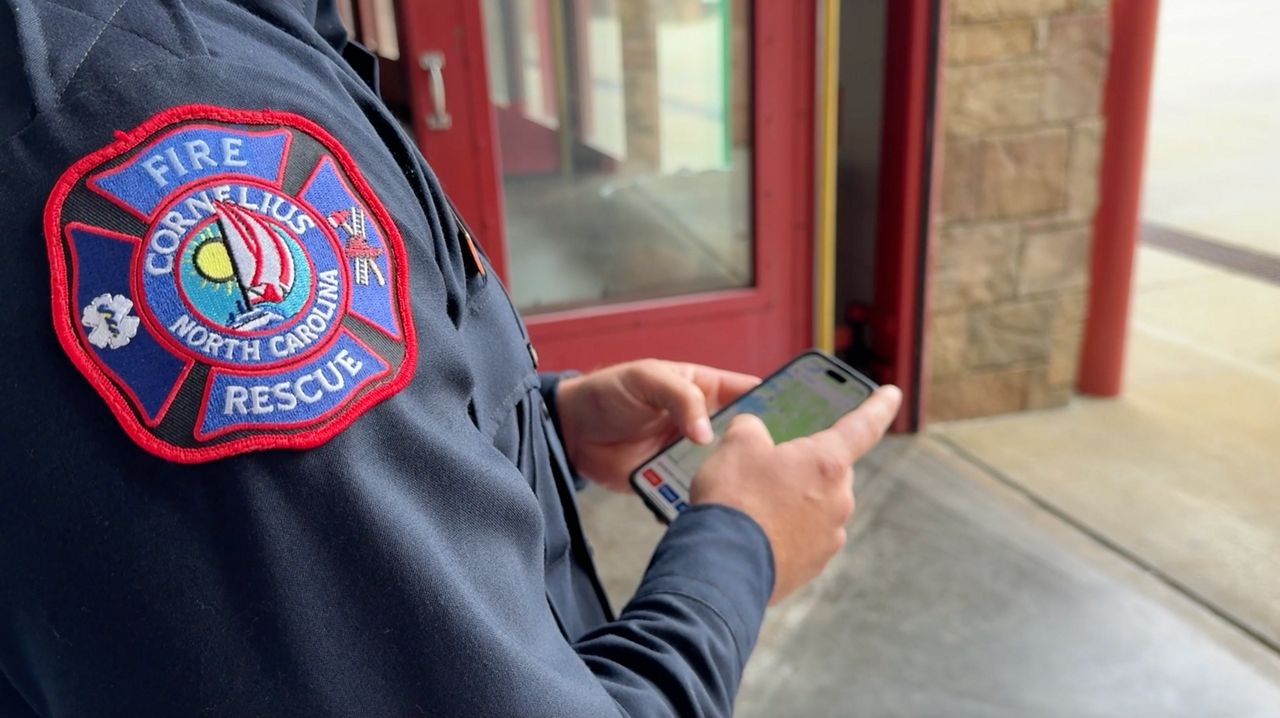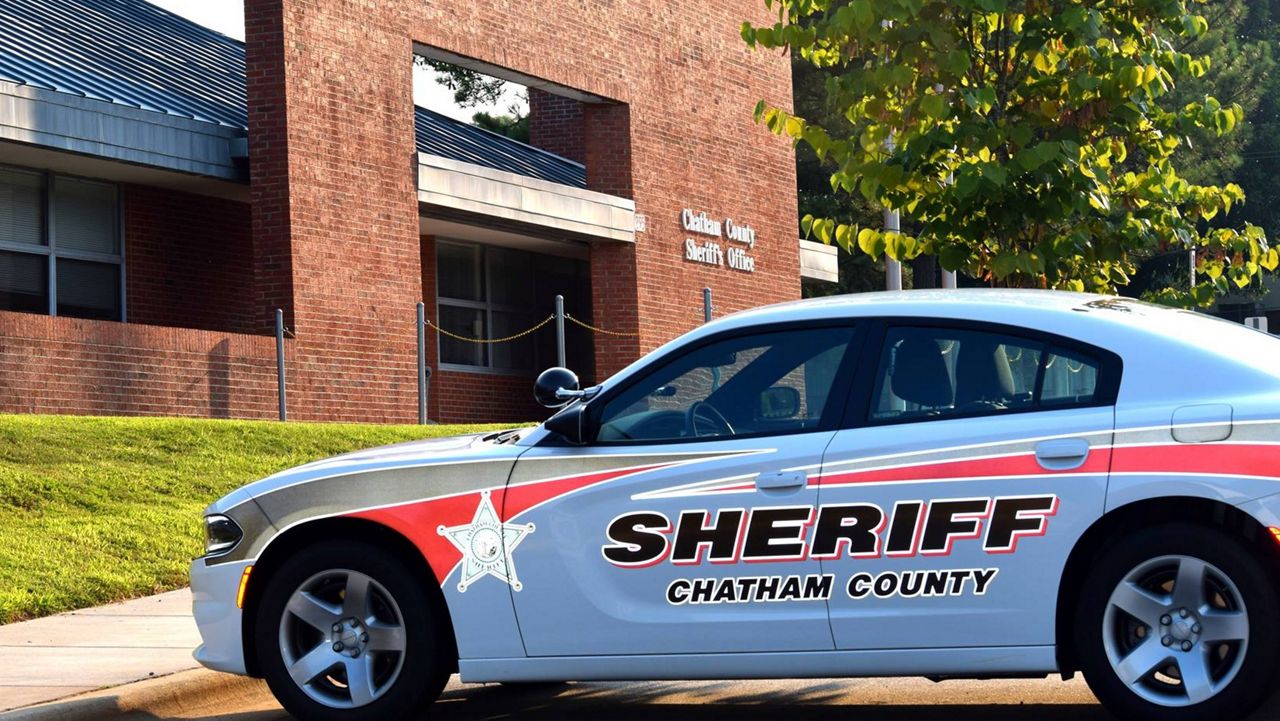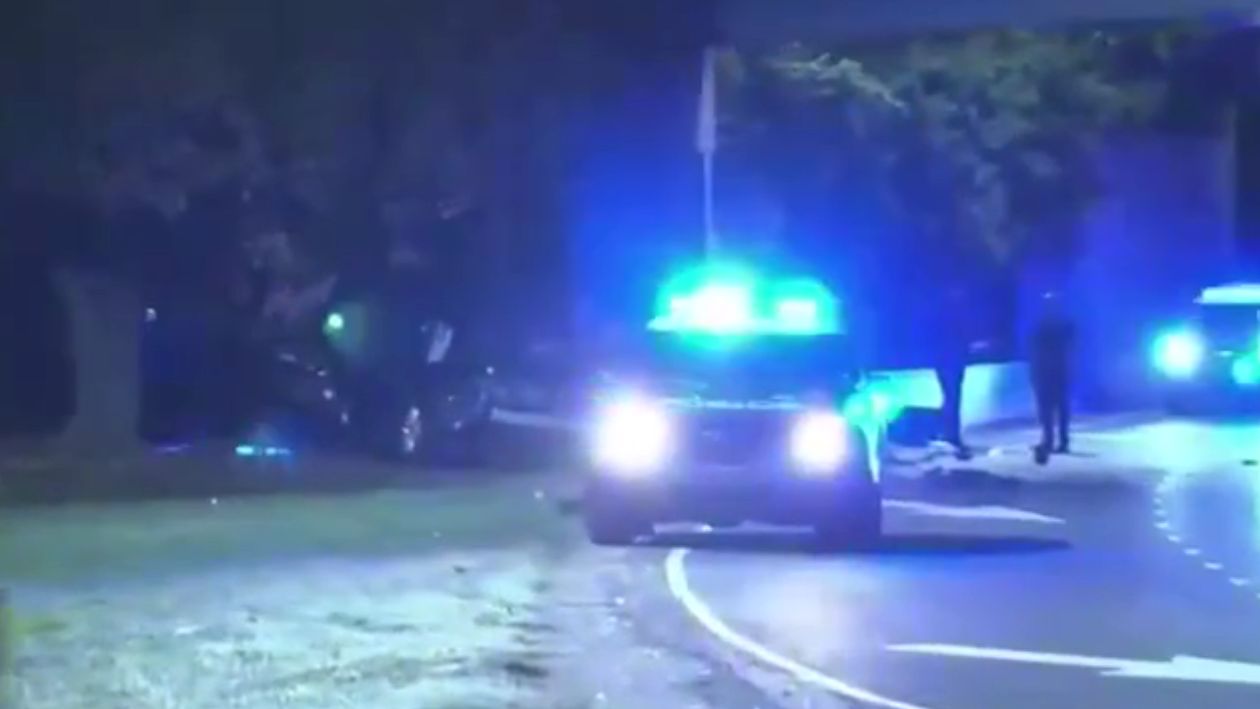RALEIGH, N.C. — A North Carolina organization is concerned over the disparity in discipline practices in schools across the state.
This year, the North Carolina Department of Public Instruction released its annual consolidated data report, which contains information about school crime and violence, including suspensions, expulsions and alternative learning placements.
The report shows that during the 2021-22 school year there was an overall increase in crime and violence when compared to previous years of the COVID-19 pandemic.
The report shows when students returned to in-person learning, many struggled to re-adjust to school culture and expectations. This meant more disciplinary actions in terms of both short and long-term suspensions, as well as expulsions.
Inside the report, it explains that during the 2021-22 school year there were more than 217,000 short-term suspensions reported statewide. That’s a 7.2% increase from the 2018-19 school year.
On Dec. 5, the organization Empowered Parents in Community, or EPiC, which advocates for families and students, met to discuss concerns over the rising numbers in discipline cases and the disparity in discipline practices in schools across the state.
The EPiC program coordinator, Maureen Nanton-Scott, said the rates are alarming.
The report also explains that in 2021-22, Black students had the highest short-term suspension rate in our schools followed by students with disabilities and American Indian students.
Short-term suspensions are the exclusion of a student from school attendance from disciplinary purposes for up to 10 days, while long-term suspensions extend beyond that.
“It makes you wonder like are they seen, are they heard, what’s happening? Is it objective things like fighting or subjective things like insubordination or disrespect?” Nanton-Scott said.
As a mom and advocate, this information leads Nanton-Scott to think about how schools can better serve these students.
“A lot of that is where we are wanting them to do maybe do a root cause analysis of what is happening in the child's life that’s making them feel this way,” Nanton-Scott said, as well as wonder what other disciplinary practices they can take for students to learn from their mistakes.
“If you’re suspending them and taking them out of school and taking them out of their education and the learning time, that’s not helping them at all. That’s not helping them to deal with their emotions,” Nanton-Scott said. “If you’re being disrespectful, let’s talk about what’s better and how we speak to people over 'I’m going to suspend you because you’re being disrespectful,' because that’s very something very subjective.”
Nanton-Scott said we need to have discipline practices that are the same across the board. She said she chose Durham Public Schools for her children because it uses restorative justice practices, which emphasizes bringing everyone affected by the issue together to address needs and responsibilities.
DPS sent us a statement in response to the report, citing some of the ways it’s worked to address the matter.
“Durham Public Schools agrees that alternatives to out-of-school suspensions are needed, and we employ a number of strategies to proactively address this issue. The district’s strategic plan specifically prioritizes its commitment to decreasing the percentage of Black and Hispanic/Latino students suspended out of school to 5% or lower by 2028. Equity trainings administered by the district’s office of equity affairs are designed to improve educational outcomes for Black and Hispanic/Latino students, and address social and emotional well-being, as well as discipline disparities. Districtwide trainings on culturally responsive teaching have been offered every year since 2019, and they are required of all school-based staff. The strategic plan further commits to the high-fidelity implementation of a research-based cultural framework and social emotional learning curriculum by 2028. Additionally, DPS employs a social worker for every school, offers trauma-informed care training to school staff; and continues to strengthen its partnership with school resource officers.”
DPI’s Center for Safer Schools has recommendations to improve the climate and culture of schools around our state. They include implementing a statewide discipline matrix and going through cultural awareness training.
To read more on this report, you can visit the DPI website.







)


